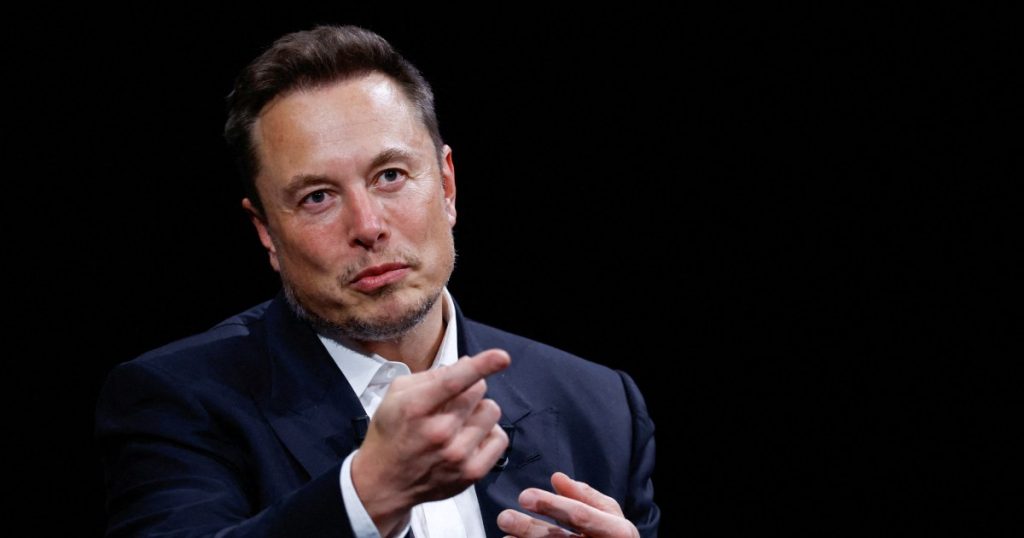Elon Musk, the CEO of X, Tesla, and SpaceX, has been embroiled in a heated debate about free speech and censorship since purchasing X, the platform formerly known as Twitter, in 2022. Musk has clashed with governments in Brazil and Australia over their attempts to restrict harmful content online. In Brazil, Musk accused Supreme Court Justice Alexandre de Moraes of aggressive censorship when he banned 150 accounts associated with right-wing former President Jair Bolsonaro’s online supporters. Musk vowed to lift all restrictions on the banned accounts, leading to an investigation into him for obstruction of justice. In Australia, Musk has refused to comply with a global takedown notice for videos of a knife attack, arguing that allowing any country to censor content for all countries sets a dangerous precedent.
The dispute with Brazilian authorities stems from a five-year investigation into Bolsonaro’s supporters for spreading fake news and hate speech. Musk’s criticism of the bans on X led to tensions with de Moraes, who accused him of obstructing justice. In Australia, Musk has clashed with the eSafety Commissioner over the removal of videos of a recent knife attack. While Meta complied with the takedown notice, Musk only geo-blocked the videos in Australia, sparking a legal battle that questions the authority of Australian authorities to order the removal of content viewable outside the country. Musk has criticized the eSafety Commissioner for trying to impose censorship worldwide, while Australian Prime Minister Anthony Albanese has accused him of being an arrogant billionaire.
X’s legal teams are facing busy times ahead, with deadlines set by Brazilian and Australian authorities to comply with court orders. In Brazil, thousands of Bolsonaro supporters have rallied in support of Musk, who continues his legal fight against the bans on X. In Australia, X is facing fines for noncompliance with the global takedown order, with a court hearing scheduled for May 10. Musk has indicated that further legal challenges are on the horizon, including funding legal fights against hate speech legislation in Ireland. The question remains whether Musk is truly a defender of free speech, as his actions on X have been criticized for inconsistency in enforcing content moderation policies.
Critics of Musk argue that his defense of free speech is selective, as he has complied with takedown orders in Turkey and India but sparred with Brazil and Australia. While Musk has allowed reinstatement of banned accounts, including Donald Trump’s, on X, his detractors point out that his principles only seem to extend to figures he agrees with. Some believe that Musk’s actions on X are more about advancing his own agenda rather than upholding free speech rights universally. In countries where there are stricter laws and regulations regarding hate speech and misinformation, Musk’s approach to content moderation may not align with local standards, leading to conflicts with authorities around the world.


